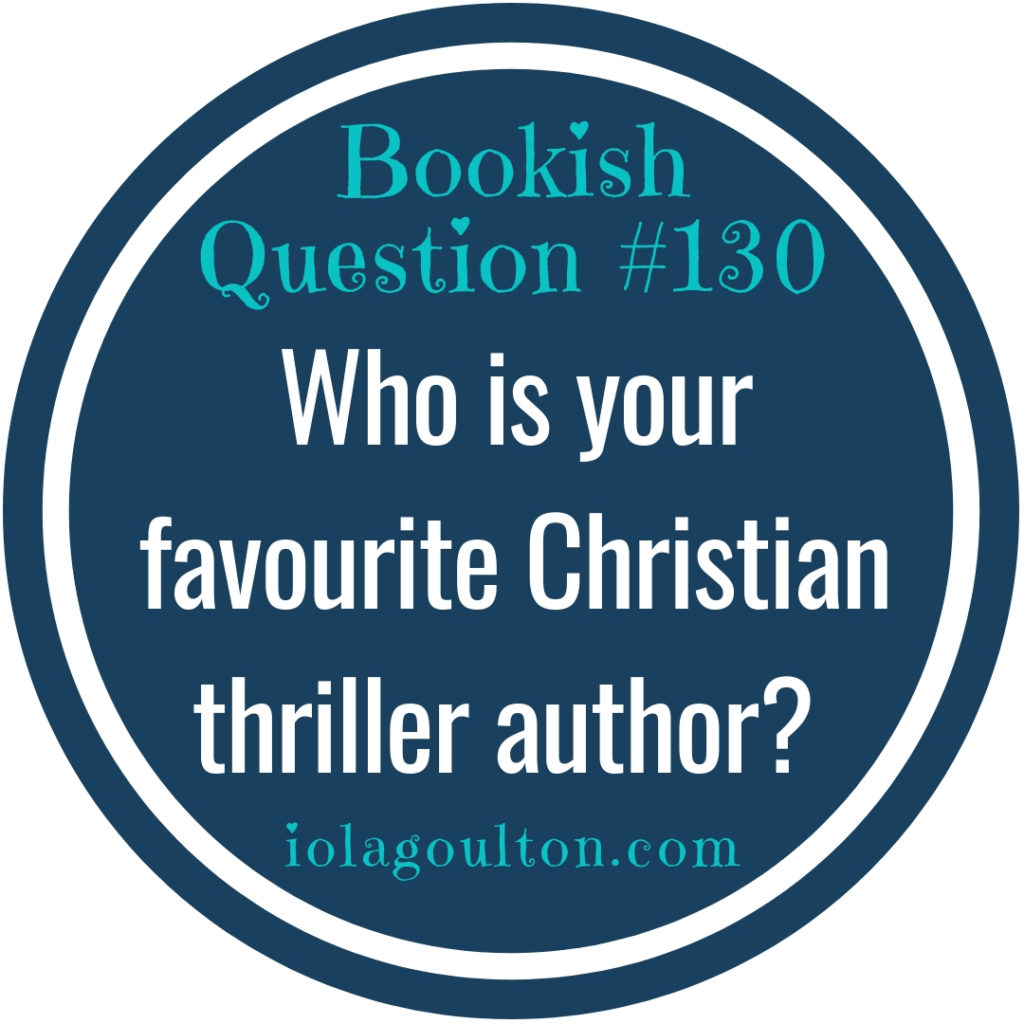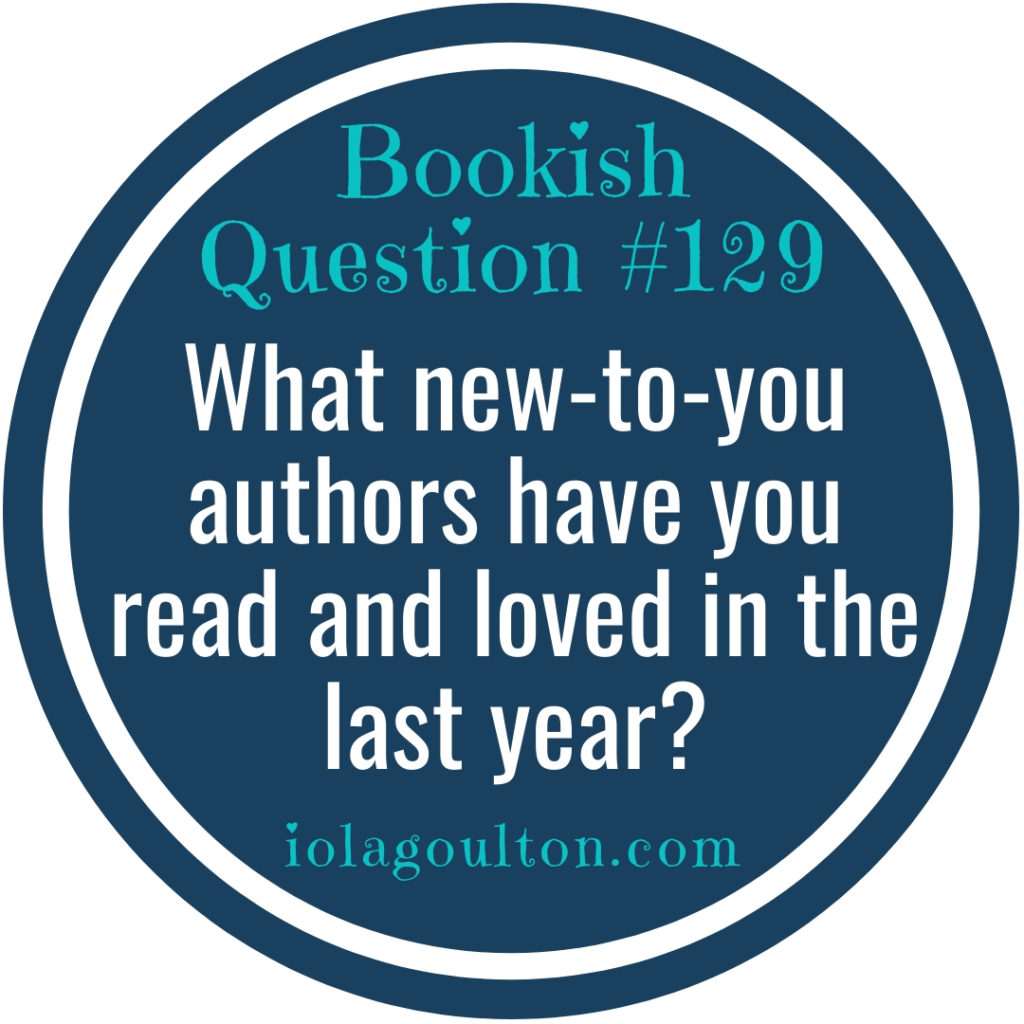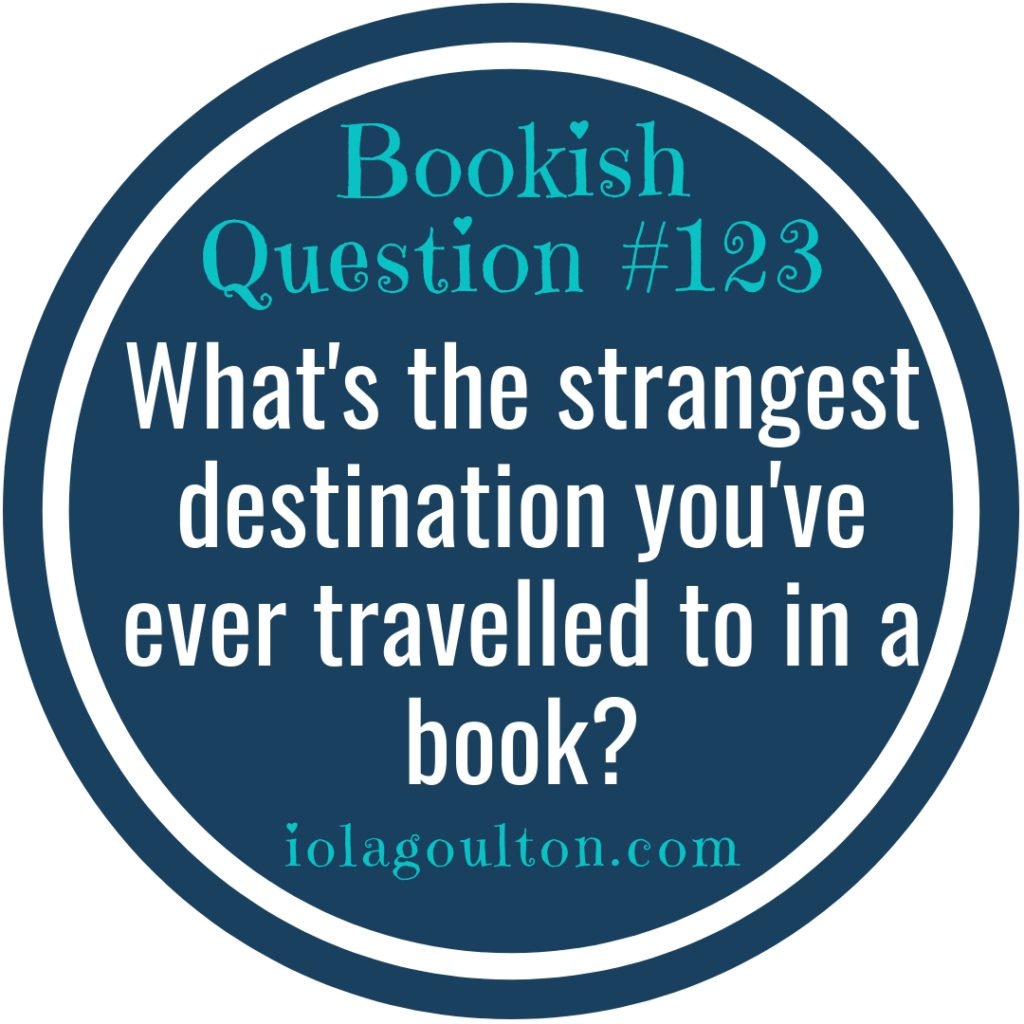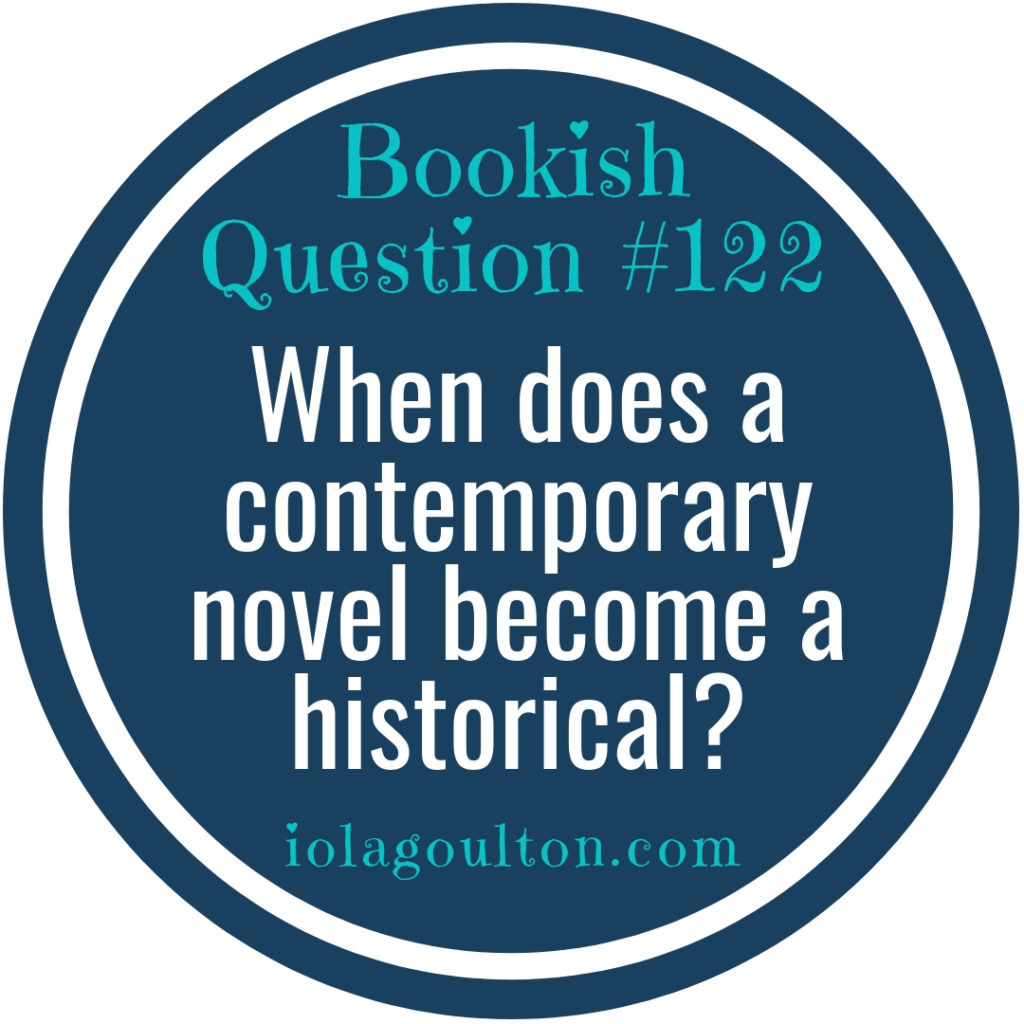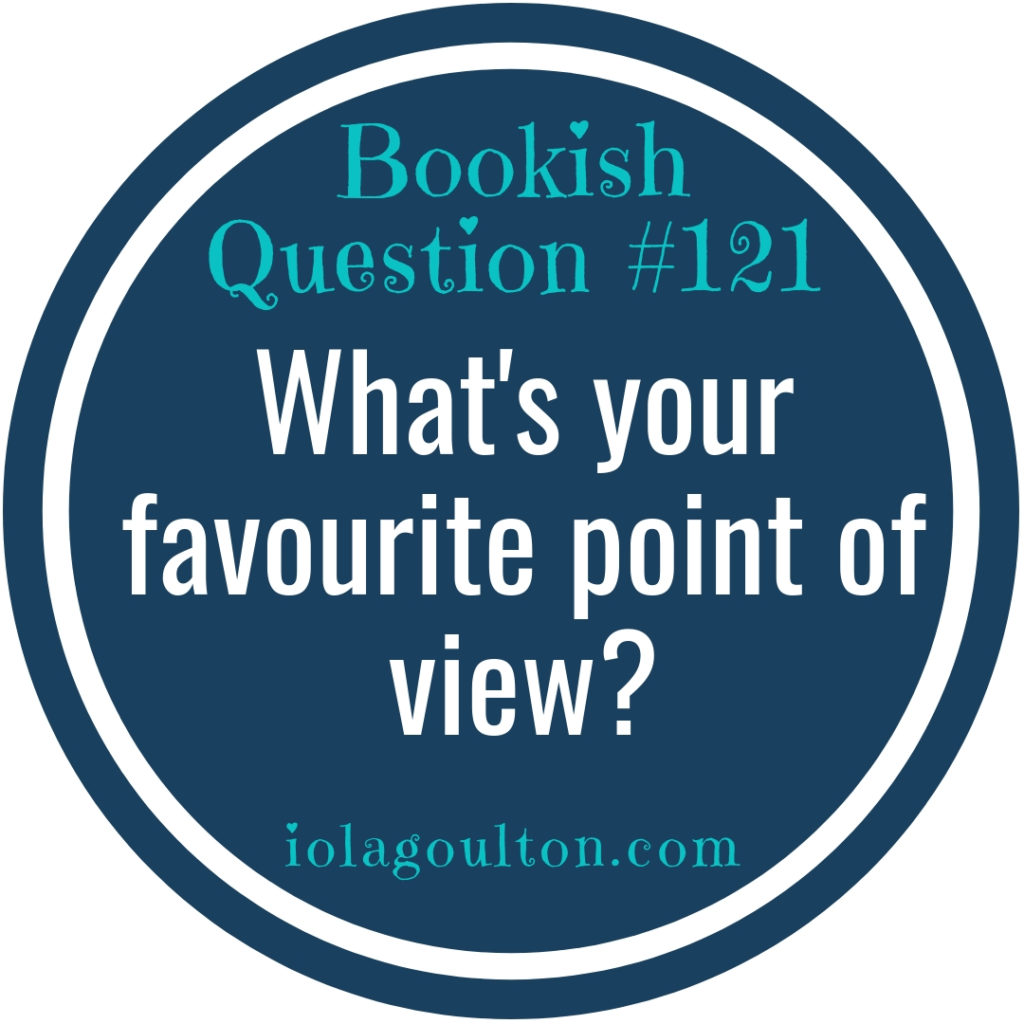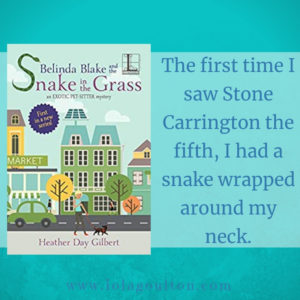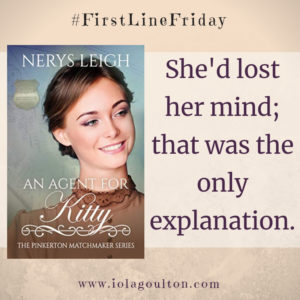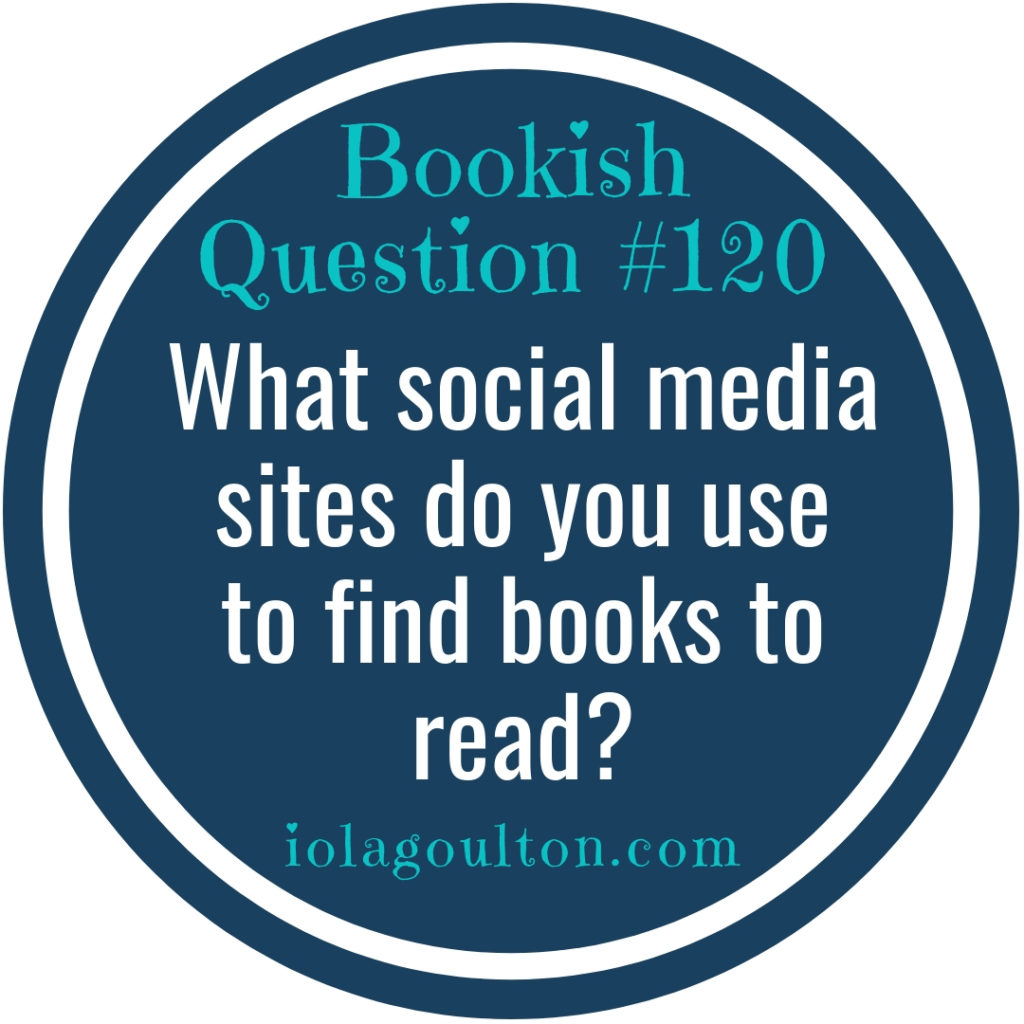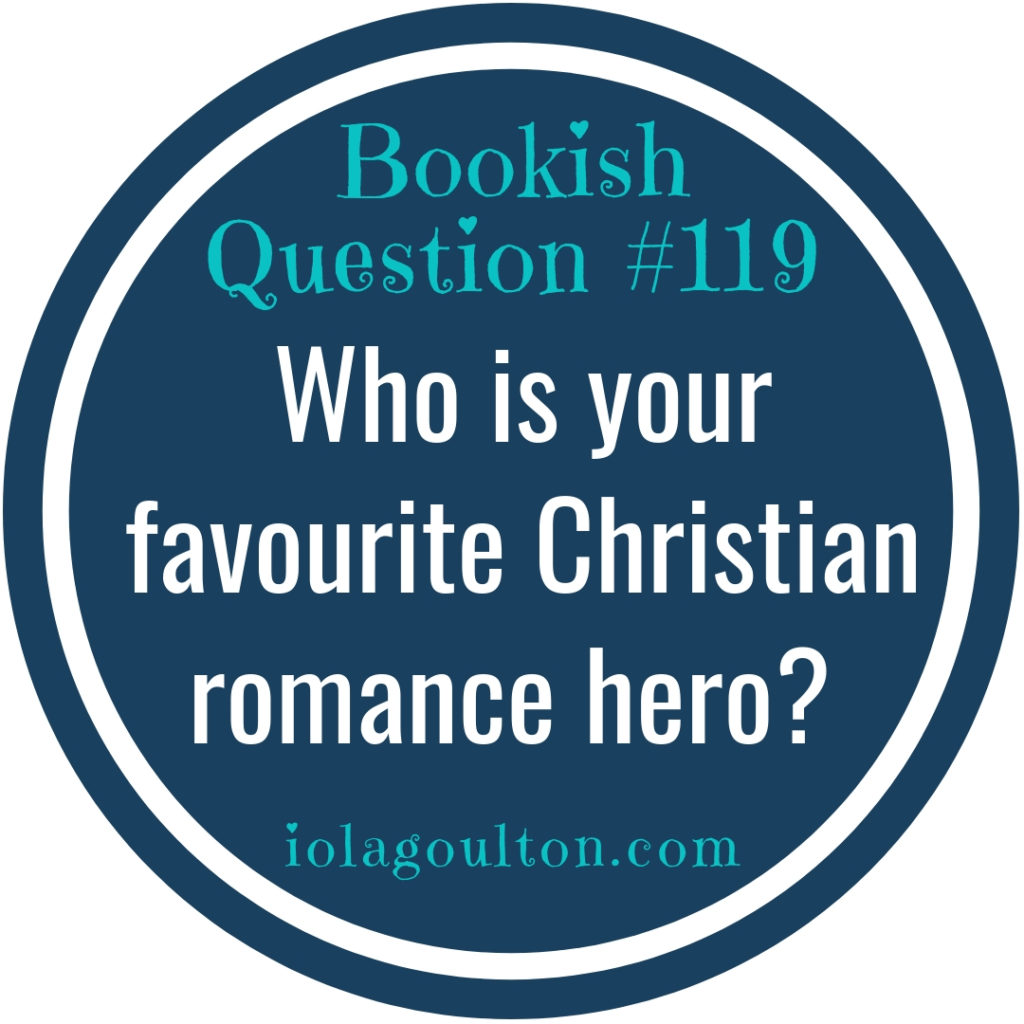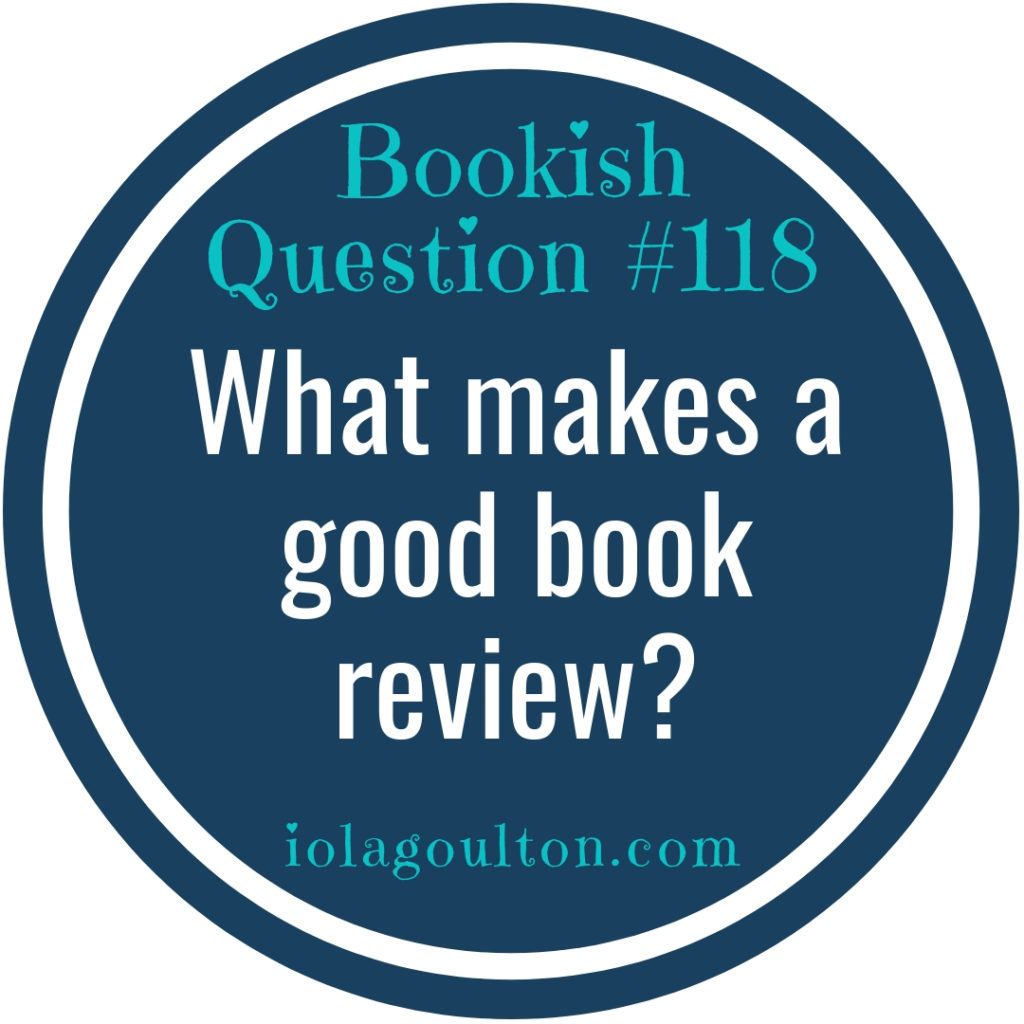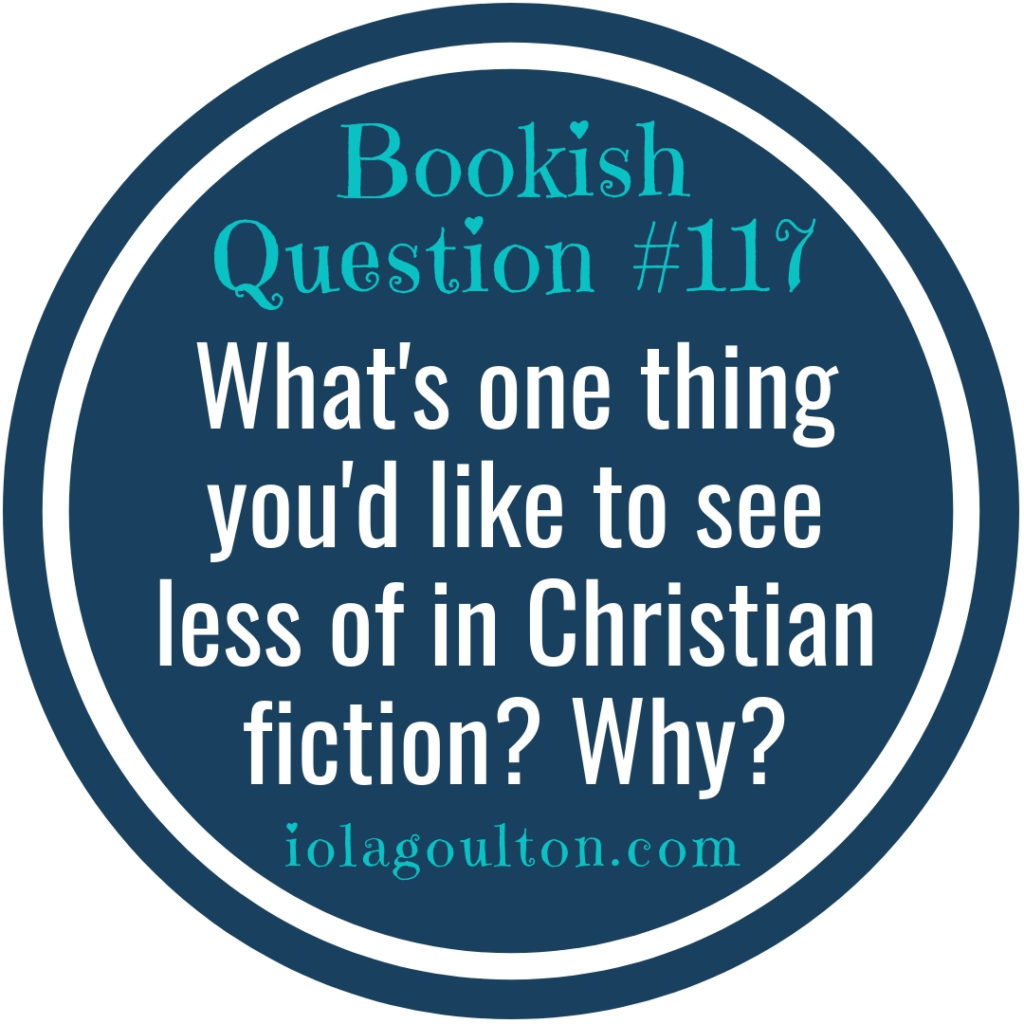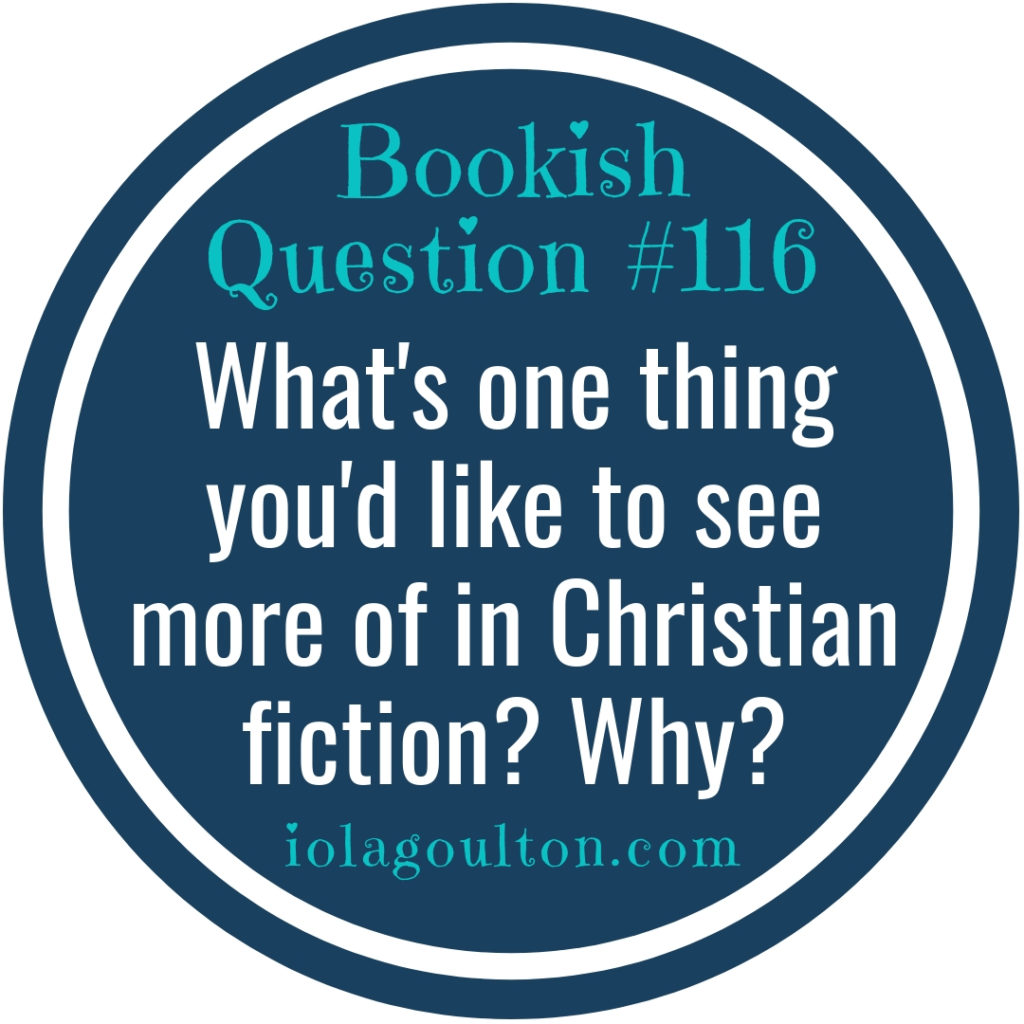Who is your favourite Christian thriller author? What do you like most about his/her books?
Tough question!
I’ve read a lot of Christian thrillers and romantic suspense novels over the years (and part of me prefers romantic suspense, because I like the romance element).
In terms of Christian thrillers I’ve read this year, three names spring to mind: Terri Blackstock, Steven James, and Siri Mitchell.
However, Synapse is the first Steven James novel I’ve read, and one book hardly makes a favourite. I’ve read five or six Siri Mitchell novels, and State of Lies definitely my favourite … but it’s also her first thriller. (She also writes historical fiction as Iris Anthony, and historical and contemporary romance as Siri Mitchell). Again, one book hardly makes a favourite.
So that leaves me with Terri Blackstock. I’ve read several of her series, including the brilliant If I Run series (If I Run, If I Hide, If I Live). As well as being great thrillers, the series is an object lesson in how to write Christian fiction that will appeal to general market readers.
I also loved Blackstock’s Emerald Windows, which was more contemporary romance. I didn’t like her Last Light series. Well, I read the first in the series and couldn’t stand the woman who turned out to be the main character. So I didn’t read the rest of the series.
Her latest is Smoke Screen, is possibly even better than If I Run, and I definitely hope it’s part of a series.
What do I like most about Terri Blackstock’s books?
All the things. The writing is excellent, and her plots and characters are consistently original and full of twists and surprises. I’ve read other suspense or thriller authors and got bored when they start recycling their plots or characters. Yes, there are times when recycling is a bad idea.
She’s also not afraid to go into the deep places in her plots. Smoke Screen centres around a pastor’s daughter who has turned to alcohol since her divorce, and her adulterous husband is now challenging her for custody of their two children. It’s perhaps more subtle suspense than If I Run, but it’s real.
I also love the way Terri Blackstock consistently weaves Christianity into her plots. It’s not the icing on the cake—something that’s added to the top to sweeten the Christian reader. It’s something that’s marbled throughout the story. It’s often subtle at first, then gets more obvious as the story progresses.

